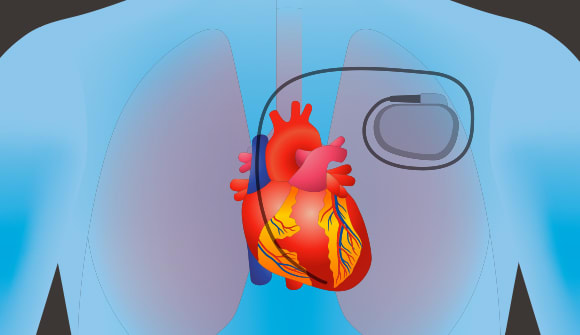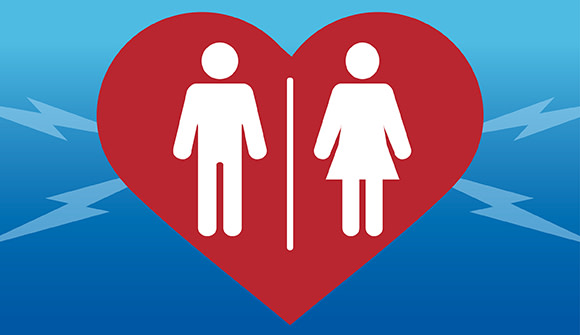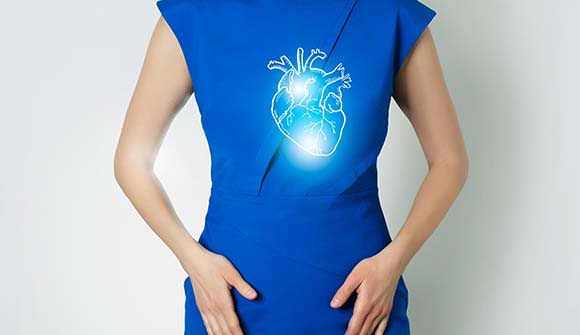Heart reset
Many heart patients are completely dependent on a pacemaker.
Article Author: Johnny Woodhouse
Article Date:

Former airline pilot Michael Oakey of Jacksonville flew the friendly skies for more than 30 years. Since his retirement in 2001, the decorated U.S. Air Force veteran has survived three different types of cancer, including leukemia, and has been treated for heart disease.
Eight months ago, Oakey, 74, underwent triple-bypass heart surgery at Baptist Medical Center Jacksonville. A few days later, his cardiac pacemaker was replaced by a combination pacemaker/defibrillator.
A pacemaker is a small, battery-operated device that enables the heart to maintain a regular rhythm. A normal person’s heart rate at rest is between 60 and 100 beats per minute.
Oakey’s particular type of pacemaker, a biventricular implantable cardioverter defibrillator (ICD), guards against life-threatening ventricular arrhythmias, which are abnormal heartbeats than can lead to cardiac arrest.
An ICD constantly monitors for abnormal heart rhythms and instantly tries to correct them, even when the heart stops beating.
Oakey’s ICD, which is compatible with MRI scanners and has an in-home monitoring system, was implanted on the left side of his chest, just below the collarbone. Thin wires connect the ICD to the heart. If an abnormal heart rhythm is detected, the device will instantly deliver an electric shock to restore a normal heartbeat.
Complex programming codes
In early May, Oakey blacked out at home after getting up from his recliner.
“When I regained consciousness a few minutes later, I was lying flat on my back and didn’t know how I got there,” he recalled.
After paramedics were called to his home, he was transported to the emergency room at Baptist Jacksonville. After a series of tests, doctors determined that a programming malfunction in his ICD resulted in an episode of bradycardia (slower than normal heart rate) and syncope (fainting).
Common reasons for a pacemaker or ICD to malfunction include:
- Battery depletion
- A loose or broken wire between the pacemaker and the heart
- Electronic circuit failure resulting from a break in wire insulation
- Electromagnetic interference
- A change in the patient’s condition that needs pacemaker reprogramming
Venkata Sagi, MD, a board-certified cardiac electrophysiologist with Baptist Heart Specialists, said today’s pacemakers have complex program codes that regulate the timing or intensity of the heart rate. In Oakey’s case, his ICD was transmitting lower than normal electrical impulses to the heart, necessitating reprogramming.
“We were able to fix his particular problem by making a few programming changes in the ICD to restore the normal timing pattern, without subjecting him to an invasive open-heart operation,” said Dr. Sagi, who focus solely on heart rhythms disorders and was one of the first physicians in Florida to implant a leadless pacemaker that does not require wires to be connected to the heart.
“With my irregular heartbeat, my pacemaker needs to be set a certain way,” said Oakey. “While I was in the hospital, a technician came to my room and reprogramed it with a wireless device. It took like two seconds. I didn’t feel a thing.
“Dr. Sagi found the problem right away and fixed it,” Oakey added. “I know my pacemaker is working with every breath I take.”
If you are concerned about your heart rhythm, the cardiac electrophysiologists at Baptist Heart Specialists are here to help with the latest diagnostic tools and treatment options. To make an appointment, call 904.720.0799.



